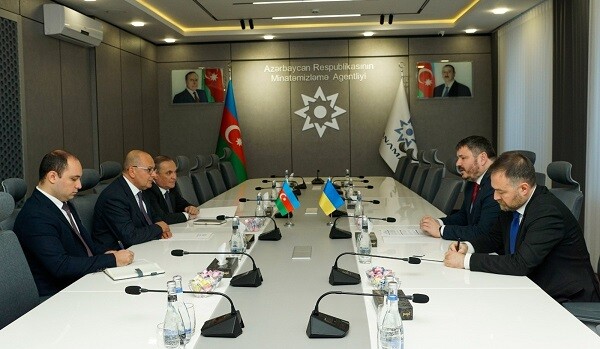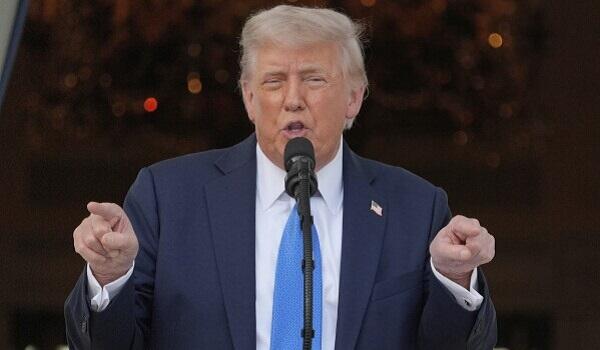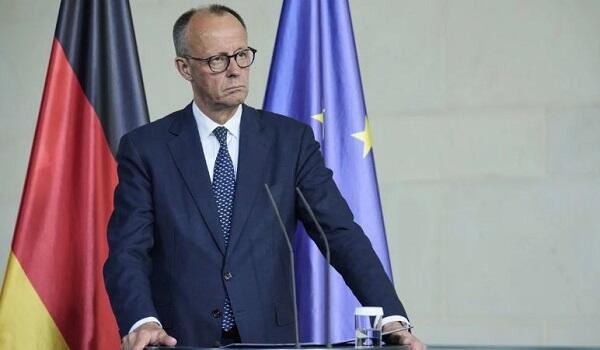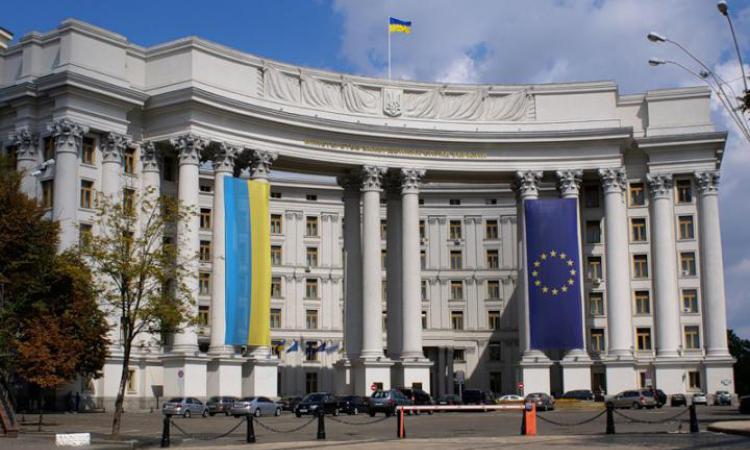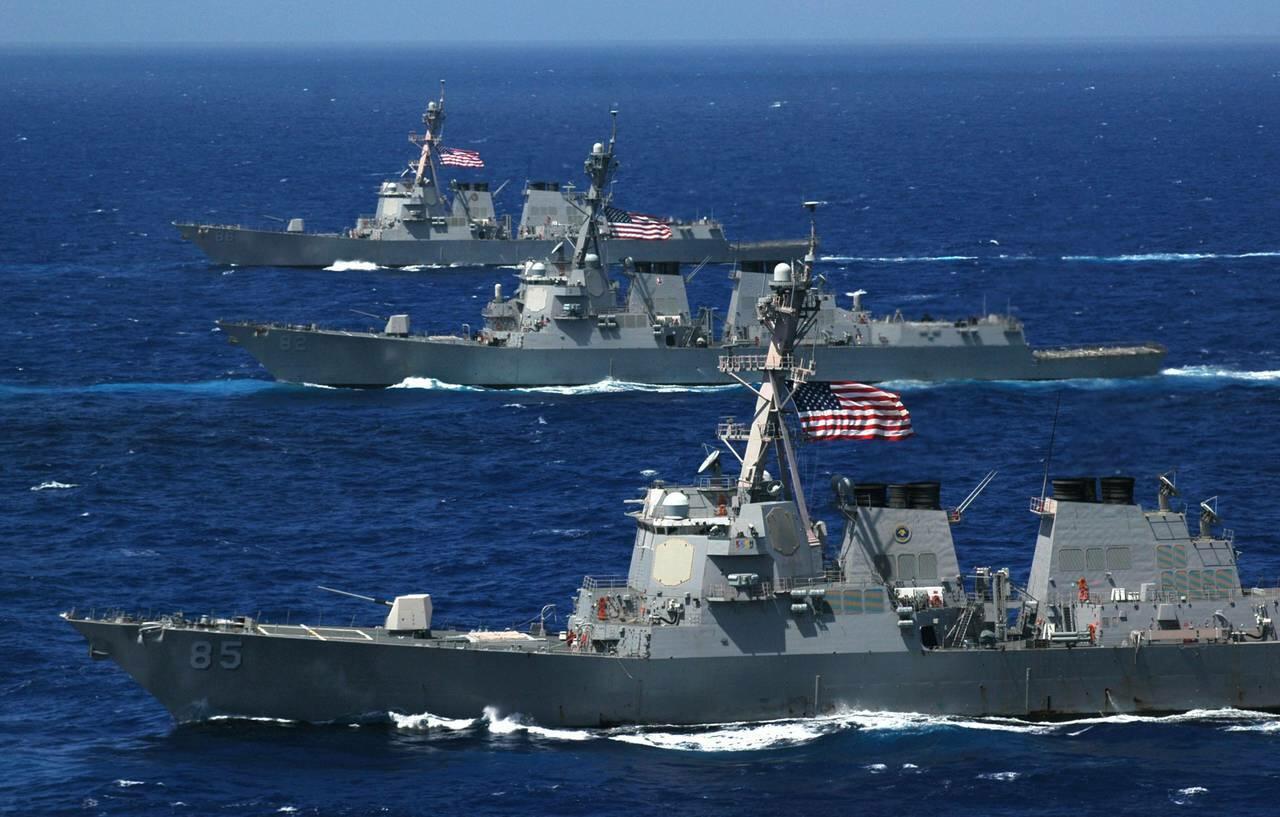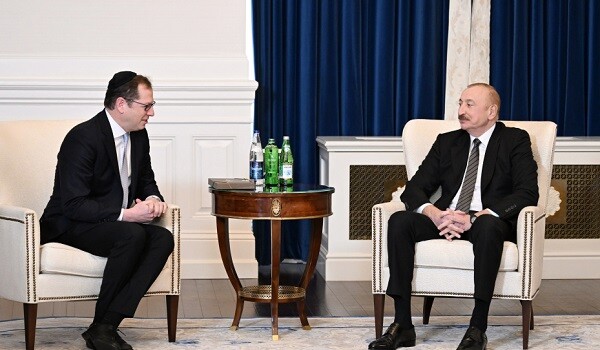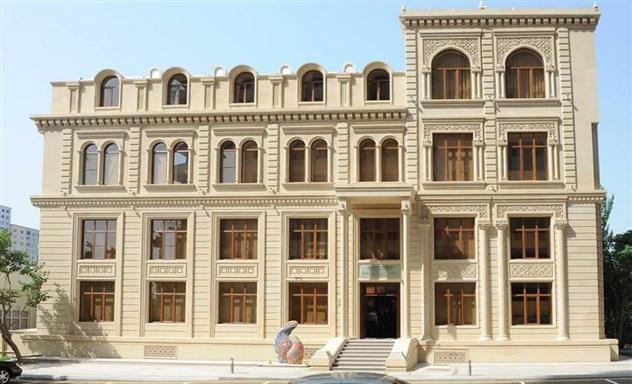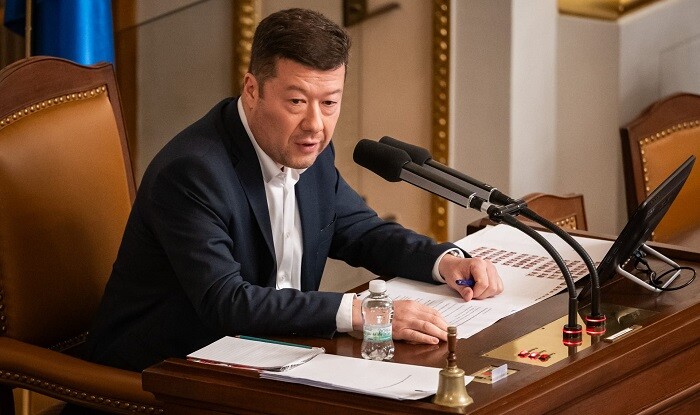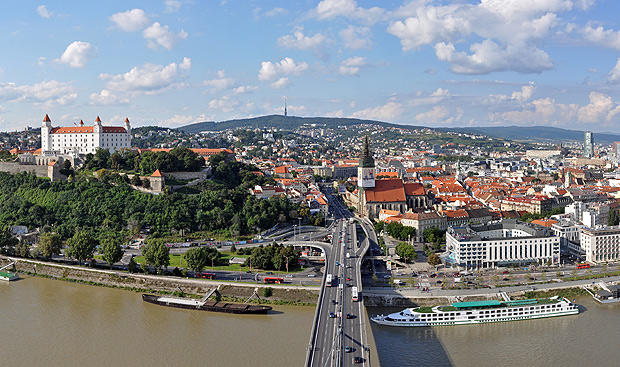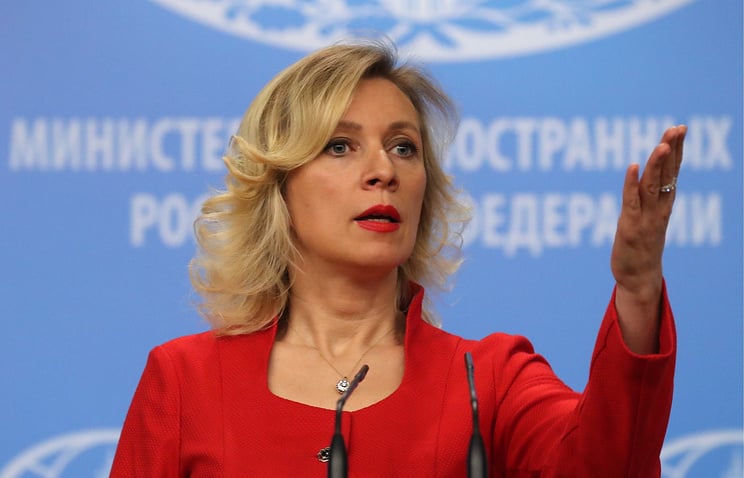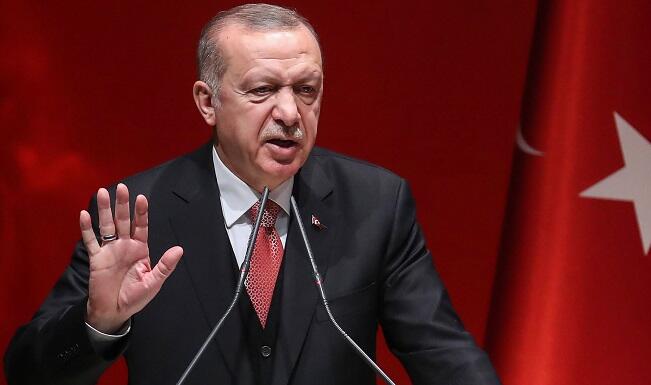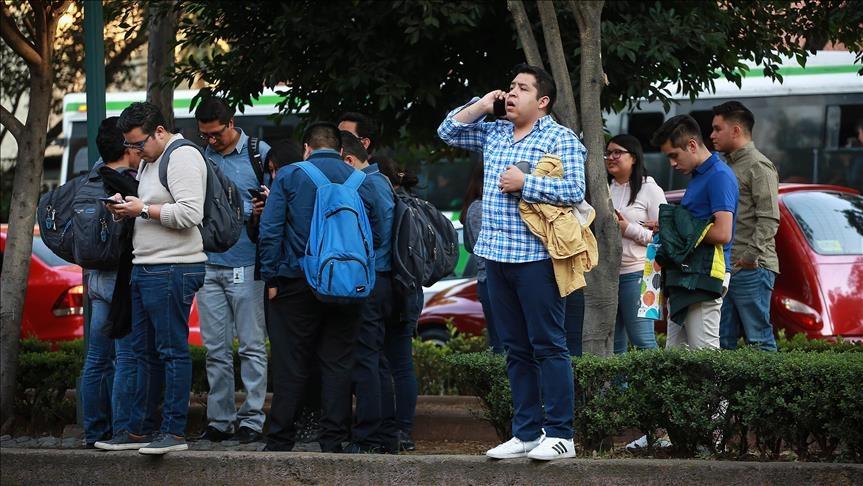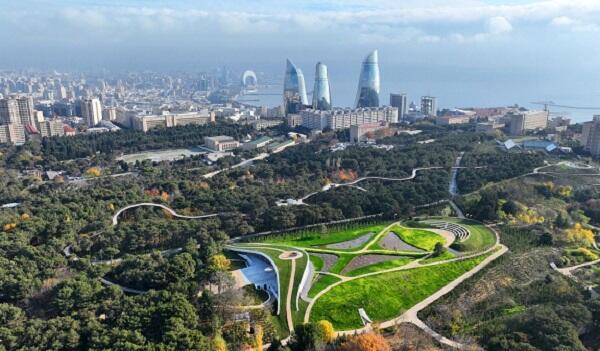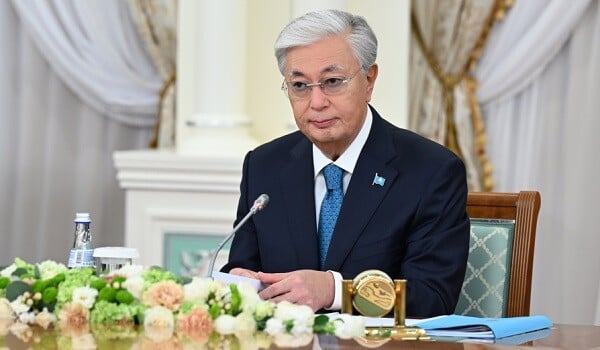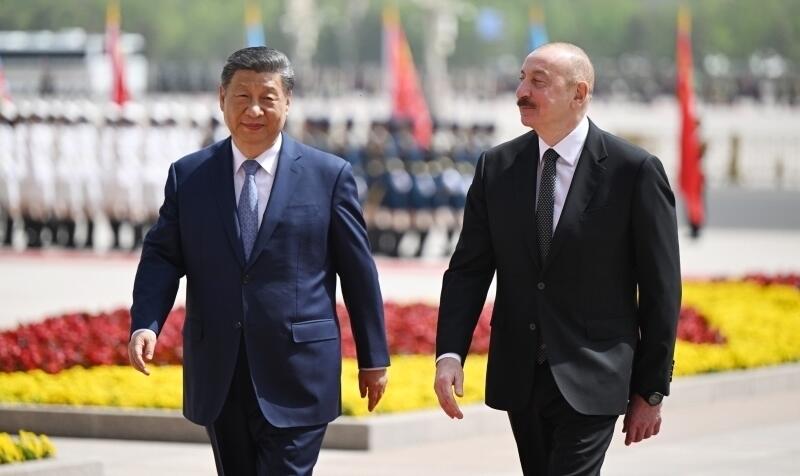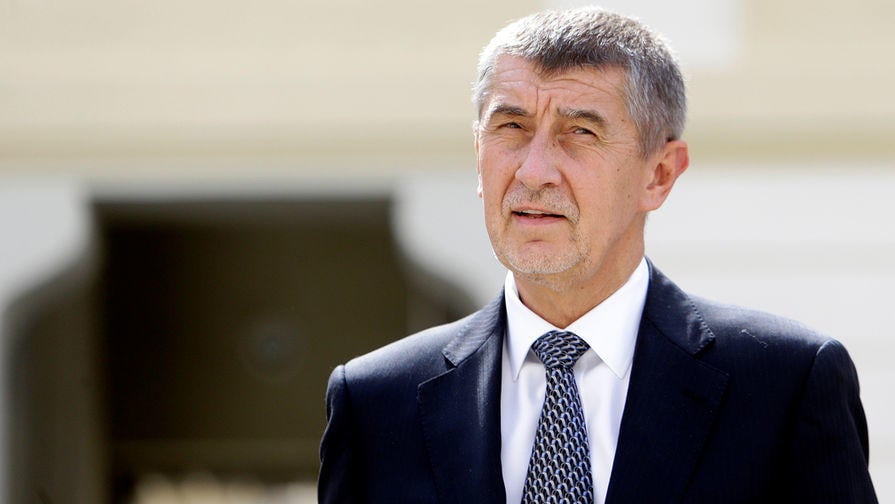Axar.az presents the article "The Lapis Lazuli corridor is the key to Turkish-Pakistani connectivity" by Andrew Korybko.
The previously moribund Lapis Lazuli Corridor is springing back to life following Azerbaijan's glorious victory over Armenia in last year's Patriotic War. The proposal calls for connecting Afghanistan to Western Europe via Turkmenistan, the Caspian Sea, the South Caucasus, and Turkey, but this project could easily expand into neighbouring Pakistan to result in linking together the Eastern Mediterranean Sea and the Indian Ocean given Islamabad's allied relations with Ankara. Recent diplomatic moves strongly suggest that this initiative is back on the minds of relevant decision-makers following Turkish Foreign Minister Çavuşoğlu's visit to Ashgabat, which comes on the heels of Turkey and Afghanistan celebrating their centenary of relations.
Trans-Caspian connectivity remained limited so long as Nagorno-Karabakh was occupied by Armenian troops and Azerbaijan and Turkmenistan had yet to resolve their dispute over that body of water's resources. Everything changed at the end of last year, however, with the new regional reality leading to the emergence of the Nakhchivan Corridor for strengthening Azerbaijani-Turkish connectivity. This in turn provided a fresh impetus for Baku and Ashgabat to patch up their differences over the previously mentioned issue, which was conclusively settled earlier this year. In parallel with these developments, Pakistan has been exploring the possibility of expanding the China-Pakistan Economic Corridor (CPEC) along with several cardinal directions.
The most pertinent in this context is the northern and western ones that can informally be described as N-CPEC+ and W-CPEC+ respectively. The first aims to connect Pakistan with Afghanistan and thenceforth the Central Asian Republics, while the latter will run overland through Iran en route to Azerbaijan and Turkey as well as across the Arabian Sea and the Gulf to the GCC nations. These two visions can actually come together through the expanded version of the Lapis Lazuli Corridor that was earlier proposed whereby Pakistan joins this initiative to result in a grand connectivity corridor stretching from the Indian Ocean to the Eastern Mediterranean via Afghanistan, Turkmenistan, the Caspian Sea, and Azerbaijan's Nakhchivan Corridor.
The first two steps in this ambitious direction have already been accomplished after Azerbaijan defeated Armenia and then resolved its maritime issues with Turkmenistan. These developments unlocked the western half of the Lapis Lazuli Corridor. The eastern one requires peace in Afghanistan and tangible progress on CPEC+'s expansion into that landlocked country. The former has seen some piecemeal progress over the past year but remains uncertain, while the latter has been much more successful following the recent trilateral agreement to construct a railway between Pakistan, Afghanistan, and Uzbekistan (the PAKAFUZ project). The second-mentioned development, in particular, raises high hopes for the Lapis Lazuli Corridor.
This is especially the case since Uzbekistan plans to host a conference this summer titled “Central and South Asia: Regional Interconnectedness. Challenges and Opportunities”. The country's Foreign Minister invited his Russian counterpart to participate in it during talks in Moscow last week as revealed by Foreign Minister Lavrov during their press conference afterwards. It's unclear at this moment exactly who else has been invited to join that event, but it would clearly be to everyone's benefit if Azerbaijan, Pakistan, and Turkey took part in this as well. That's because the PAKAFUZ project could lay the physical basis for a more comprehensive expansion of CPEC+ towards Turkmenistan, Azerbaijan, and Turkey via the Lapis Lazuli Corridor.
All that's needed to turn this vision into reality is the necessary financial support, the details of which could prospectively be discussed during this summer's upcoming conference in Uzbekistan if Azerbaijan, Pakistan, and Turkey are invited to attend. Uzbekistan stands to directly benefit from the Lapis Lazuli Corridor because of its desire to diversify its trade routes in every cardinal direction, which is a goal that it shares with Azerbaijan and Pakistan. Just as Azerbaijan is seeking to expand its economic reach towards the east, so too are Pakistan and Uzbekistan seeking to do the same towards the west, with their visions converging through the Lapis Lazuli Corridor. If successfully completed, then Pakistan and Uzbekistan could unlock a new trade corridor to the EU.
It's for these strategic reasons why observers should pay closer attention to the recent revival of the Lapis Lazuli Corridor. This development is one of the unexpected outcomes to emerge from Azerbaijan's glorious victory over Armenia during last year's Patriotic War. It aims to expand Eurasian connectivity, which is one of the primary trends of the 21st century and in every stakeholder's interests. This importantly includes China's too, which might provide financial assistance to the Lapis Lazuli Corridor through low-interest loans and/or grants, the latter of which might be given to support the Afghan portion of the project to some degree. With all the involved countries working together, it's likely that the Lapis Lazuli Corridor will see the light of day really soon.


